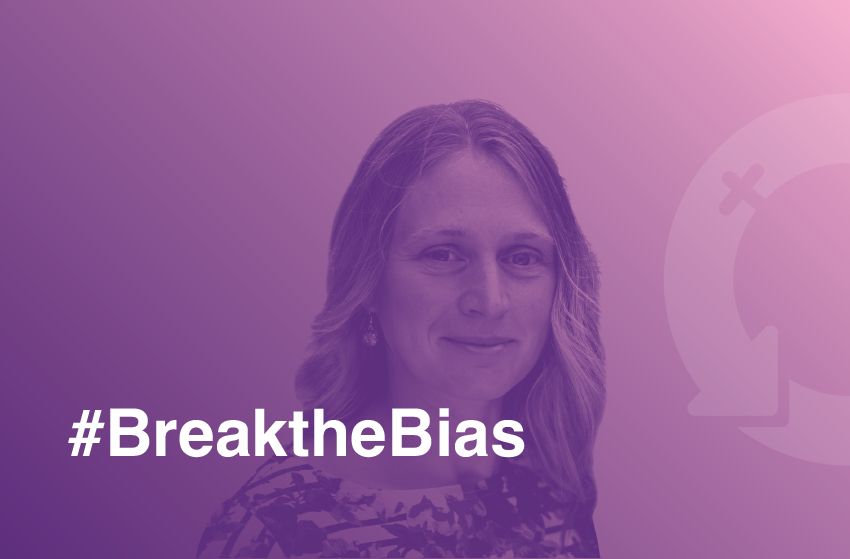As part of our International Women’s Day celebrations, we spoke to Emily Topping, HR Deputy Director Learning Operations and Delivery, Home Office, to get her perspective when considering her career and the subject of bias.
What is your current role and priorities?
I am newly appointed to the role of Deputy Director, Operational Learning and Delivery in UK Home Office. I have spent the majority of my career as a commissioned officer in the British Army where I was responsible for operational and leadership training pan-Army and specifically in the Infantry.
In my current role, my focus is on the implementation of a strategic approach to learning – a challenge as learning and development are often seen as HR business and at times sits on the periphery of operations. I aim to try and get those in ‘front line’ roles to recognise how learning can help mitigate risks being faced and how learning is able to provide staff with opportunities in line with D&I and social mobility commitments.
Tell us about a career milestone.
Given the short timeframe I have been in this role, I can refer to a particular milestone in my previous organisation which was related to the government lifting the ban on women in ground close combat roles.
As I was serving alongside the Infantry, developing their varied skills, tactics and weapons based training, the announcement was made that women were able to join the Infantry. The build up to women beginning to enter Infantry training saw a lot of activity to focus on organisational culture. I was asked to take on some of this responsibility and I learnt an enormous amount.
I found it fascinating that this organisation had previously remained one of the last areas of employment that was inaccessible to women and, importantly, the British Armed Forces was one of the last remaining nations to lift this ban. I aimed to communicate through a series of events the opportunity this would provide by looking at the contemporary operating environment and the requirement for diverse teams in operational environments. I also intended to emphasise the importance of the role of those involved to break this glass ceiling.
What keeps you going when the challenges get really tough?
Allies in work to sense check and reassure or point me in the right direction are key to helping me find my way in a new organisation. I also take time in the day to get out either for a dog walk, a run or an open water swim. It’s amazing how perspectives can be re-ordered when you get some fresh air and stand at the top of a big hill looking at a view! The same goes for my two children and husband, all three giving me the perspective I sometimes need. I feel really privileged to be able to spend 60% of my time working from home, allowing me to more appropriately balance my work and home life.
Where do you think the biggest potential for bias against women still exists?
I think there are a number of issues that are worth raising here. I have worked in a number of different departments within a larger organisation and have had some experience of the Home Office so far. I have been able to compare departments which can honestly say that they have a fair representation of both men and women.
I’m a firm believer of the concept of the 30% club and have seen that when women are represented by more than 30% of the team, the culture is significantly more comfortable certainly for me to work in. However, we must be careful not to look at overall percentages represented across the entirety of an organisation. I believe we need to interrogate information more fully to understand where there is less representation and not be satisfied with pan-organisation figures.
Secondly, I think we need to be careful about what we look for when recruiting women into an organisation that is predominantly made up of male staff. From experience, much like a temptation is to recruit or promote someone who displays similarities with the majority, I have noted a preference for women most likely to display more typically masculine qualities, either in looks or behaviour. Although they may well be best suited to the role, self-awareness and unconscious biases need to be considered.
Thirdly, I think we need to be mindful of our male colleagues and their individual circumstances. I had a male work colleague whose wife was the main earner in the family. Both our children were the same age and attended nursery together. If I received a call from nursery to say my daughter was unwell and had to come home, I was automatically released from work to collect and care for her. If the same situation occurred for this male colleague, the expectation was that his wife should fulfil the duties of collection and care for their daughter. This point demonstrates the need for this to be addressed holistically and for it to be an expectation of leaders to promote diverse and inclusive thinking and behaviours.
